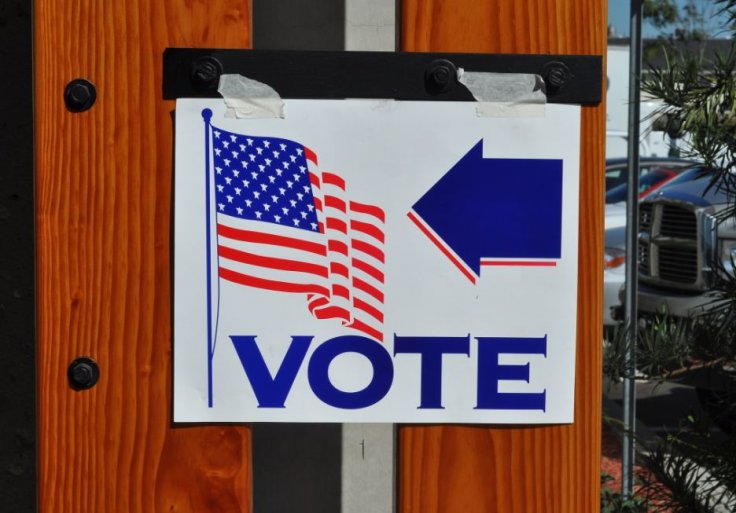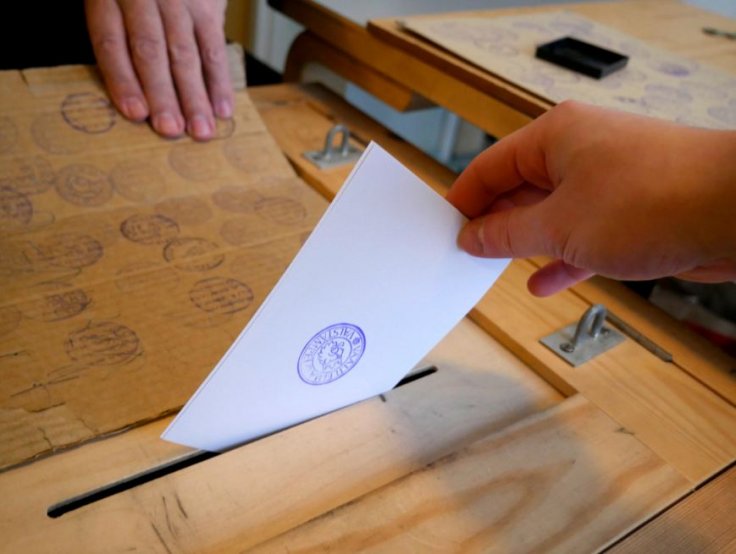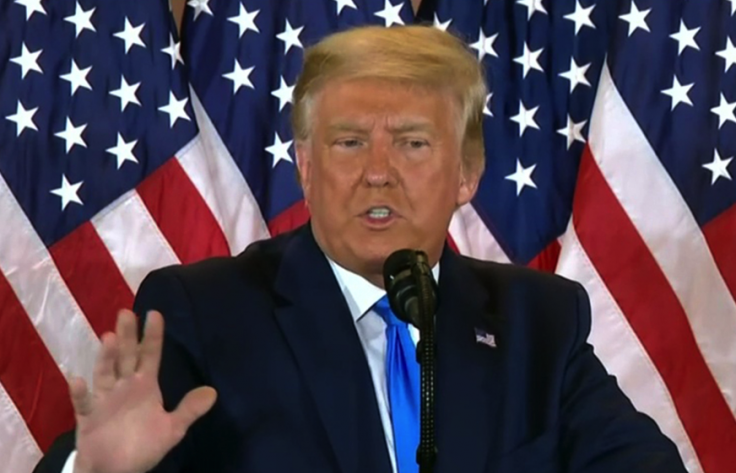The result of US Presidential Elections 2020 gave Joe Biden and the Democratic Party much to celebrate, dealing heart ache to outgoing President Donald Trump and his loyal supporters. And, the disappointed Republicans have taken to a collective chant—Voter Fraud.
Though the term has been thrown around much lately, how much do we know about it? What is voter fraud and how is it committed? Does it really happen? And most importantly, do Trump's allegations hold water? Let's take a closer look.
What is Voter Fraud?
Simply put, voter fraud refers to the manipulation of an election's results through illegal means. In some cases, the intention of 'rigging' is to increase the vote share of an individual, and in some, it is to decrease the votes received by an opposing candidate. As several countries, including the US, use a combination of paper ballots and electronic voting, the methods employed to carry out the 'fraud' can be both manual and digital.

According to The Heritage Foundation, a US research institution, voter fraud can be categorized into nine kinds:
- False registrations: Casting one's voter using unlawful voter registrations. It could employ a false name or a phony address or claim residency within a particular area where the voter does not reside and is not eligible to vote.
- Illegal utilization of absentee ballots: This refers to the petitioning for absentee ballots, and without the knowledge of the individual, voting in their stead. It may also involve the procurement of the absentee ballot directly from a voter, and completing it directly and forging the signature of the voter.
- Vote Buying: Anything for a buck right? Voters are compensated financially to cast their votes for a particular candidate either in-person or an absentee ballot.

Exchange of money (Representational Picture) Pxfuel - Impersonating a voter: This illegal method is fairly straight forward. It deals with voting as another legal voter. Identities of registered voters who have moved away or died are often the prime targets. Additionally, individuals whose right to vote has been withdrawn due to being felons, but continue to remain registered, are also targets.
- Duplicate voting: Here, a voter registers across multiple locations for the same election, and voting in over one state or jurisdiction.
- Ballot petition fraud: It involves the forging of signatures of registered voters on ballot petitions that must be mandatorily filed with election officials in certain states for a particular candidate or are issued in order to be officially listed on the ballot.
- Ineligible Voting: Here, an individual registers and votes illegally despite not being a citizen of the US, or are convicted felons, or individuals who lack the eligibility to vote.
- "Assisting" at the poll illegally: The "assistance" could be either intimidating or forcing voters—such as the illiterate, disabled, elderly, and individuals whose proficiency in the English language—to cast their votes for a specific candidate, often under the guise of offering " help".

Intimidation (Representational Picture) PickPik - Changing vote count: A self-explanatory form of voter fraud. The actual vote count is altered at a particular polling center or a centralized location where the votes are being counted.
Does Voter Fraud Occur?
Much has been said about voter fraud over the past few weeks. A very important question begs to be asked—Does voter fraud occur in actuality? Yes, it does. The scale, however, is nearly negligible or not sufficient enough to drastically alter the outcome of the election, studies say.
A study published in 2007 monitored the rate of incidence of voter fraud for a period of two years. It discovered that the rare instance of fraud reported was generally traceable to "false claims by the loser of a close race, mischief and administrative or voter error."
Another analysis published in 2009 investigated voting and elections across 12 states. It ascertained that fraud committed by voters was a rare occurrence. The study declared that most of the cases that made media headlines proved to be unsubstantial upon examination.

Studies have also cast doubts upon the effective utilization of fraudulent methods that can be potentially applied. Three papers published in 2014 support the invalidation. According to one study, the likeliness of non-citizen voters voting in US elections was 0. Another nationwide research found that there was literally no evidence of rampant impersonation fraud. The third study looked into impersonation fraud at booth polls as well as mail ballots and concluded that there were zero cases of the said crime in the studied jurisdictions.
A Washington Post report in 2016 stated that only four cases of voter fraud were documented in the US Presidential Elections 2016. Another analysis by the news outlet stated that no evidence was found to add credence to Trump's famous claim that residents of Massachusetts were taken to New Hampshire to cast their ballots.
Are Trump's Claims Valid?
Long before the announcement of the results of the presidential elections, Donald Trump began crying foul about mail ballots and cast aspersions about its legality. He also attacked the Democratic Party and maintained that it was a consolidated attempt to carry out voter fraud. Also, following the announcement of the results, he launched a tirade of similar claims and attacks. How valid were his claims? Well, several of them have been debunked so far.

For starters, The New York Times reported that it called every state to enquire about voter fraud. No evidence of it was found. The Guardian detailed that a coalition of state and US federal officials had declared that no evidence to suggest that votes were either altered or compromised, were found. "There is no evidence that any voting system deleted or lost votes, changed votes, or was in any way compromised," they said.
So what about those lawsuits that Trump and his supporters filed in some states? Well, they are being quashed as well. The lawsuits filed in Pennsylvania and Michigan were rejected by the Federal and state courts. Team Trump initiated 15 legal challenges in Pennsylvania alone. In Michigan, three lawsuits were rejected after the Republicans failed to provide any evidence to back their claims.
Allegations of thousands of votes being illegally cast in Nevada petered out as election officials found no proof to substantiate the claims made by Republican plaintiffs. It is likely that over the next few days or weeks, that further claims and lawsuits may continue to be rejected.









